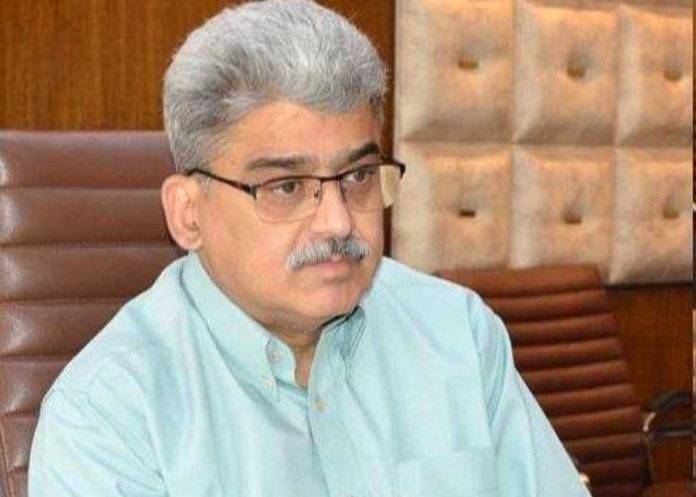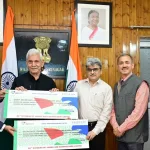SRINAGAR, JUNE 28: The Government of Jammu and Kashmir has initiated a landmark step toward improving governance and public service delivery through the creation of unique Family IDs for every household in the Union Territory. Chief Secretary Atal Dulloo chaired a high-level meeting today at the Civil Secretariat to lay the groundwork for this transformative initiative.
The objective of the Family ID system is to streamline the distribution of welfare benefits, improve access to government schemes, and serve as a centralised source of verified data for planning and monitoring across departments. By reducing duplication and simplifying procedures, the initiative aims to make governance more citizen-centric, efficient, and transparent.
Chief Secretary Dulloo highlighted the significance of the initiative, stating that Family IDs would provide vital insights into the reach of beneficiary-oriented schemes and ensure that eligible citizens are not left behind. He underscored that this system would be instrumental in creating a more accountable and responsive administrative framework.
The meeting saw the participation of key officials including the Principal Secretary, Finance; MD/CEO of J&K Bank; Commissioner Secretaries of FCS&CA and H&UDD; Secretaries of Planning, IT, and RDD; Director Generals of Planning, Codes, and Budget; CEO of JaKeGA; representatives from BISAG-N, and other senior officers.
Secretary, Planning, Development & Monitoring Department, Talat Parvez, provided a detailed presentation outlining the background, need, and benefits of introducing a unified system in Jammu & Kashmir. He also elaborated on the roadmap for implementation and the long-term impact on governance and public access to welfare schemes.
Secretary, Information Technology, Dr. Piyush Singla, spoke about the department’s preparedness and commitment to the program. He assured that the necessary digital infrastructure and technical expertise were already in place to ensure smooth execution across the UT.
A key concern discussed was the repetitive documentation and verification processes currently required by multiple departments, which often burdens citizens and consumes significant administrative resources. The Family ID system is expected to eliminate this redundancy by acting as a single, verified database, simplifying public access and optimizing government outreach and expenditure.
Officials also noted the persistent difficulties citizens face in accessing benefits and the challenges departments encounter in delivering schemes effectively. The Family ID initiative is positioned as a robust solution to bridge this gap, ensuring that services are delivered seamlessly and equitably.
The meeting also deliberated on data sources for developing the Family ID database, with existing datasets from the Public Distribution System (PDS) and Ayushman Bharat-Pradhan Mantri Jan Arogya Yojana (AB-PMJAY) proposed as key inputs. Mechanisms for future updates to accommodate demographic changes, such as births, deaths, and migration, were also discussed to ensure the database remains current and accurate.
Emphasizing the collaborative nature of the initiative, officials called for coordinated efforts among all departments involved. The support of BISAG-N and the formation of a dedicated technical team were identified as crucial to the success of the mission.
J&K govt sets stage for family ID rollout across UT
• CS consults stakeholders for making headway

Leave a Comment Leave a Comment







